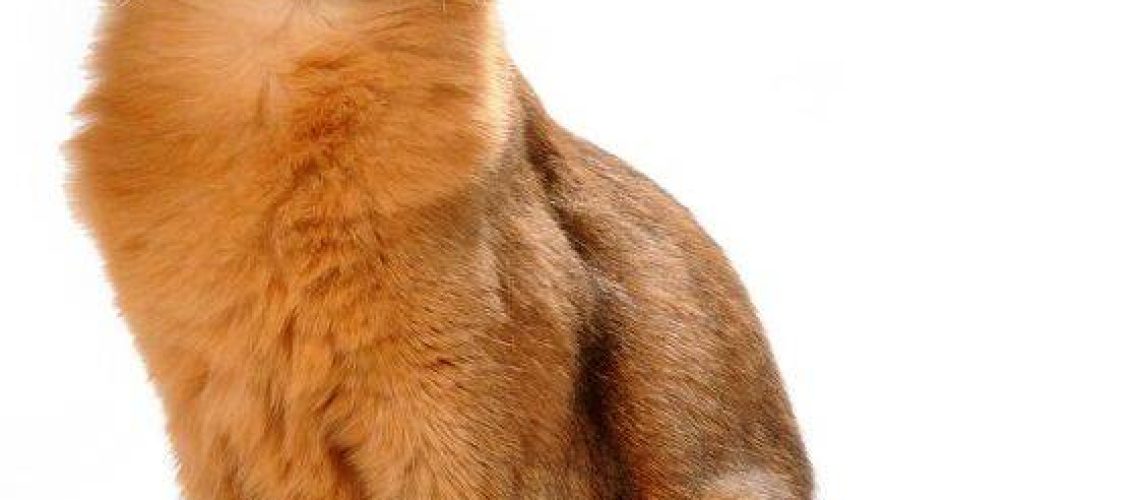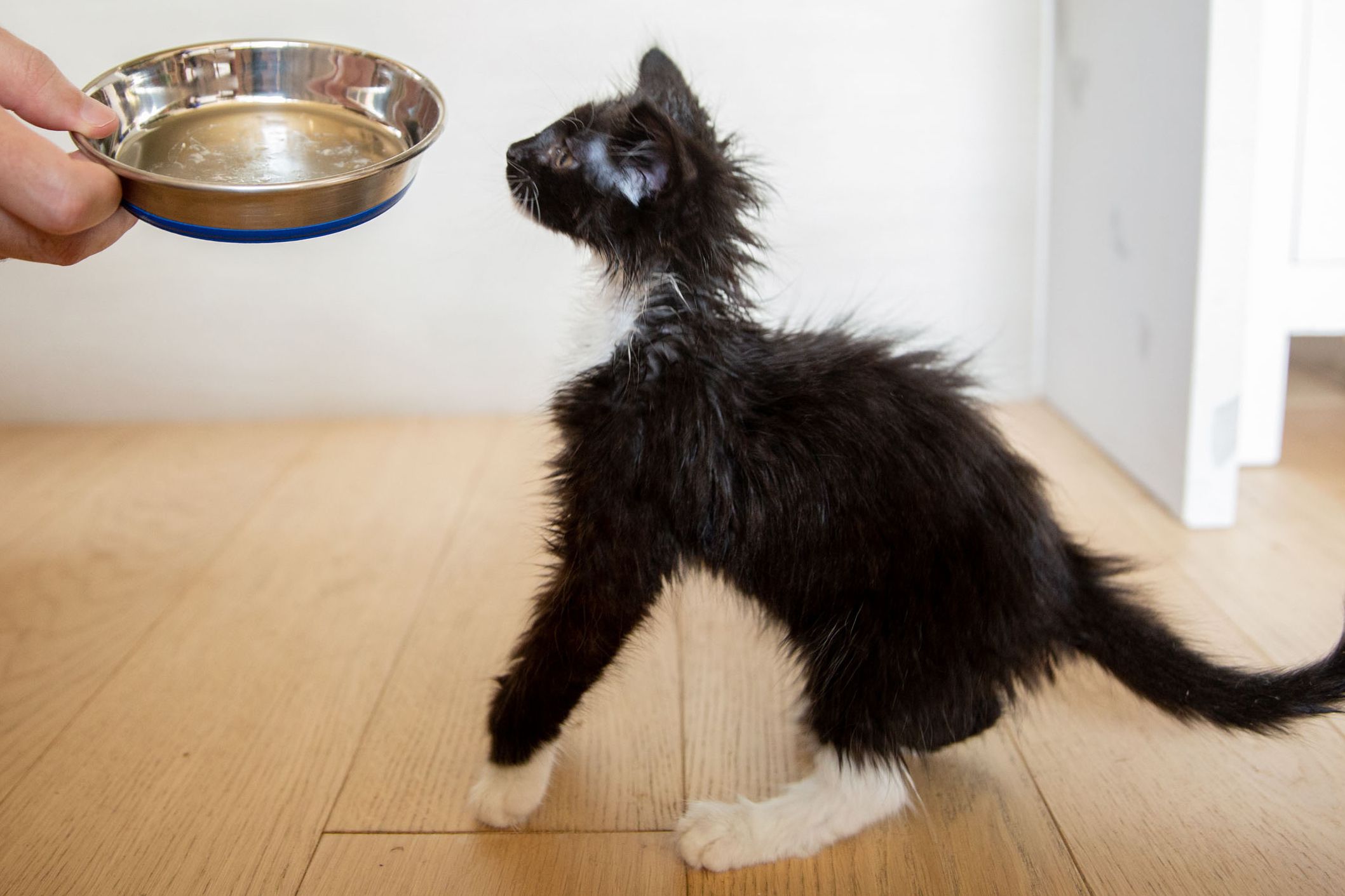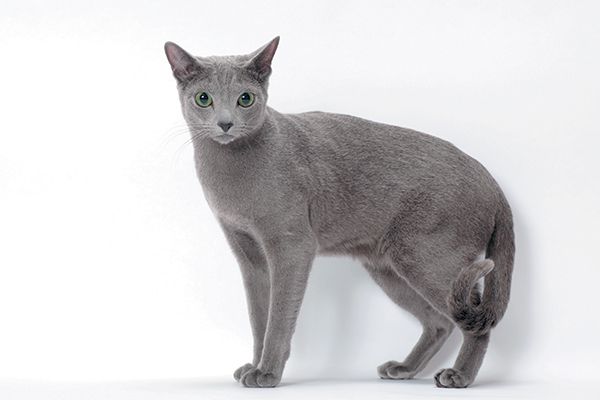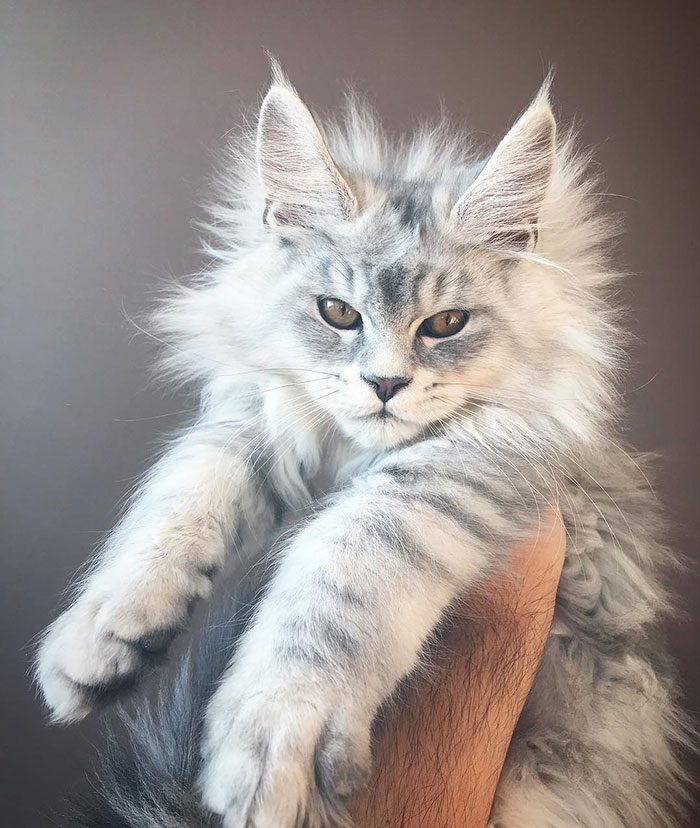Are you ready to embark on a journey into the world of Somali cats? These magnificent felines are not only a sight to behold with their striking beauty, but they also possess a unique blend of breed traits that make them truly one-of-a-kind. Whether you're a cat lover or simply curious about these fascinating creatures, delving into the subject of Somali cats can bring immense value and benefits to your life. By the end of this journey, you'll be equipped with all the knowledge you need to become a true Somali cat aficionado. So, grab your curiosity by the paw and let's begin our adventure into the enchanting realm of Somali cats!
Key Takeaways:
- Somali cats are known for their stunning beauty, with long, flowing coats and expressive eyes.
- They are a breed that originated from Abyssinian cats and share many of their playful and active traits.
- Caring for a Somali cat involves regular grooming to maintain their luxurious coat and prevent matting.
- These cats thrive on attention and companionship, so it's important to provide them with plenty of social interaction.
- Somali cats are intelligent and curious, making interactive toys and puzzles essential for mental stimulation.
What Makes Somali Cats Unique?
Somali cats are known for their unique and beautiful coat. Unlike other cats, their fur is long and thick, with a bushy tail that resembles that of a fox. This distinctive feature sets them apart from other breeds and makes them easily recognizable.
In addition to their stunning appearance, Somali cats also have an energetic and playful personality. They love to explore their surroundings and are always on the lookout for new adventures. Their curiosity and intelligence make them great companions for families or individuals who enjoy an active lifestyle.
The Origin of Somali Cats
The Somali cat breed is believed to have originated from Abyssinian cats. It is thought that a genetic mutation occurred in Abyssinians, resulting in the development of longer hair. Over time, these long-haired Abyssinians were selectively bred to maintain their unique coat while preserving the characteristics of the original breed.
It wasn't until the 1960s that the Somali cat breed was officially recognized by cat associations. Since then, they have gained popularity due to their striking appearance and friendly nature. Today, Somali cats can be found in households all around the world.
Distinctive Personality Traits of Somali Cats
Somali cats are known for being affectionate and sociable animals. They enjoy being around people and are often described as "people-oriented" pets. They form strong bonds with their owners and will often follow them around the house or curl up on their laps for cuddles.
Despite their friendly nature, Somali cats also possess an independent streak. They appreciate having some alone time to explore and play on their own terms. However, they still require plenty of attention and interaction from their owners to thrive emotionally.
- Somali cats are highly intelligent and can be trained to perform tricks or respond to commands.
- They have a playful nature and enjoy interactive toys and games that stimulate their minds.
- These cats are known for their vocal nature and will often communicate with their owners through meowing or purring.
Caring for Somali Cats: Tips for Health and Happiness
To ensure the health and happiness of your Somali cat, it is important to provide them with proper care. Regular veterinary check-ups are essential to monitor their overall well-being and address any potential health issues. Vaccinations, parasite prevention, and dental care should also be a part of their routine healthcare.
In addition to medical care, Somali cats require mental and physical stimulation. Providing them with plenty of toys, scratching posts, and climbing structures will help keep them entertained and prevent boredom. Interactive playtime with their owners is also crucial for bonding and exercise.
Grooming Tips for Maintaining a Somali Cat's Beautiful Coat
The luxurious coat of a Somali cat requires regular grooming to keep it looking its best. Brushing their fur two to three times a week helps prevent matting and removes loose hairs. This not only keeps the coat healthy but also reduces the amount of shedding around the house.
Trimming the nails regularly is also important to prevent them from becoming too long or sharp. Additionally, cleaning their ears on a weekly basis helps prevent wax build-up or infections. Lastly, dental hygiene should not be overlooked - brushing your Somali cat's teeth regularly can help prevent dental diseases.
Dietary Needs for Feeding Somali Cats
Proper nutrition is vital for the overall health and well-being of Somali cats. A balanced diet that includes high-quality cat food is essential to meet their nutritional needs. It is recommended to feed them a combination of wet and dry food to ensure they receive an adequate amount of moisture.
When choosing cat food, look for options that are specifically formulated for the needs of adult cats. Avoid feeding them human food, as it may not provide the necessary nutrients and can lead to digestive issues. Providing fresh water at all times is also crucial to keep your Somali cat hydrated.

Mental Stimulation: Activities and Toys for Somali Cats
Somali cats are intelligent animals that thrive on mental stimulation. Engaging them in interactive playtime and providing them with toys that challenge their minds can help prevent boredom and destructive behavior.
Some popular toys and activities for Somali cats include puzzle toys, treat-dispensing toys, feather wands, and laser pointers. These toys encourage physical activity while also stimulating their hunting instincts.
- Interactive puzzle toys provide mental stimulation by requiring the cat to figure out how to retrieve treats or toys hidden inside.
- Treat-dispensing toys reward the cat's efforts with a tasty treat, keeping them engaged and entertained.
- Feather wands mimic prey-like movements, triggering the cat's natural hunting instincts and providing exercise in a playful way.
- Laser pointers create an irresistible moving target for the cat to chase, providing both physical exercise and mental stimulation.
In conclusion, Somali cats are not only beautiful but also have unique breed traits that make them special. Taking good care of them is important to ensure their well-being and happiness.
Do Somali cats like to be held?
It is important to remember that Somalis are known for being friendly, but that doesn't necessarily mean they will enjoy being held by you. These cats may choose to cuddle with you on the bed or sit on your lap, but only when they want to. Because they are curious and playful, Somalis may wander off when they are outside and exploring.
What is the personality of a Somali cat?
The Somali cat is known for its playful and lively nature, and it enjoys socializing with both humans and other cats. If provided with enough room to jump and climb, Somali cats are generally active enough to maintain a healthy weight.
Do Somali cats like to cuddle?
Somali cats have a strong affection for their owners and enjoy being in their company. They will stay close to you, moving around with you from one room to another. They prefer to be active and engaged, but they are not particularly fond of being cuddled or held.
Are Somali cats high maintenance?
Although the Somali cat has long hair, its coat is not difficult to maintain because it is not woolly. Brushing the coat every day during playtime will keep it soft and silky. Somalis are active cats and usually maintain a healthy weight through exercise, but this should be monitored.
Can Somali cats be left alone?
According to Taylor, due to their highly sociable nature, it is not advisable to leave these cats alone for extended periods of time. If left without any companions to play with, the Somali cat is prone to experiencing separation anxiety.
What are the cons of Somali cats?
Somalis, like Abyssinians, can be prone to two specific genetic health problems: Pyruvate kinase deficiency, which can lead to anemia, and progressive retinal atrophy, an eye condition that causes gradual blindness in cats.

















